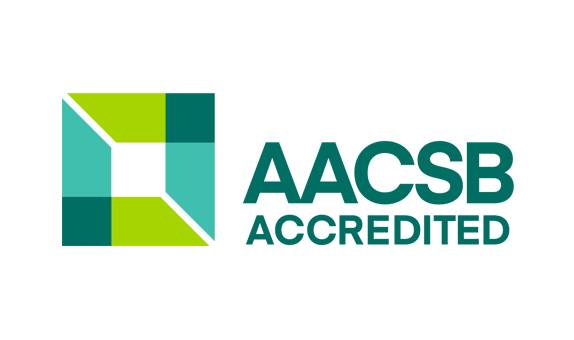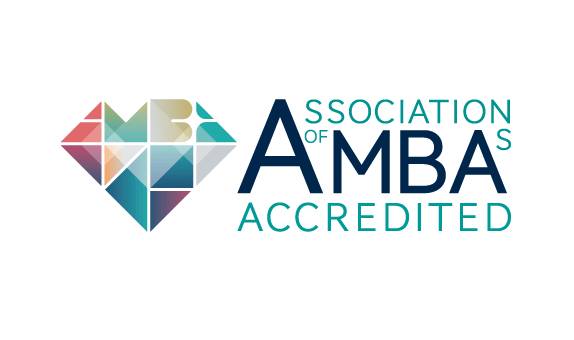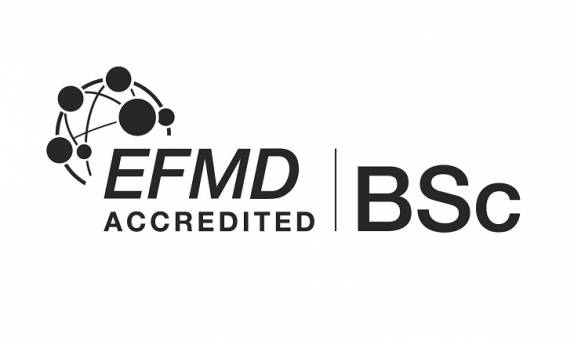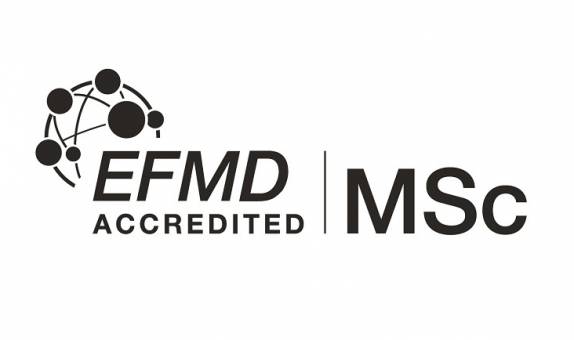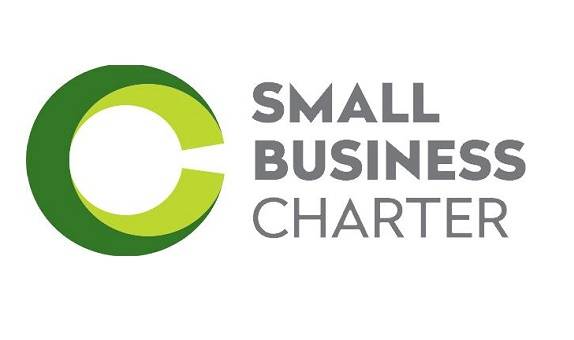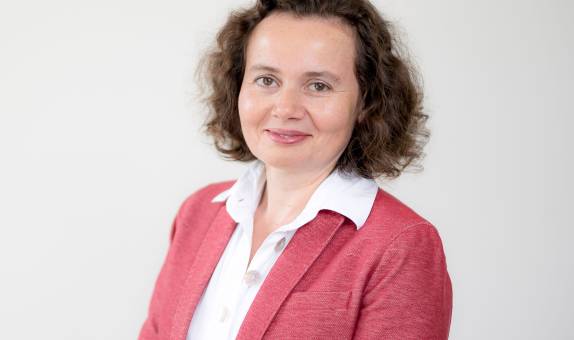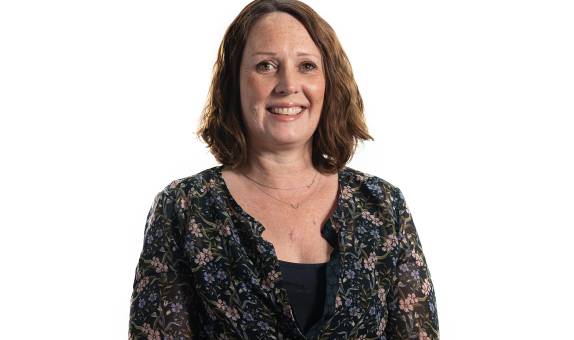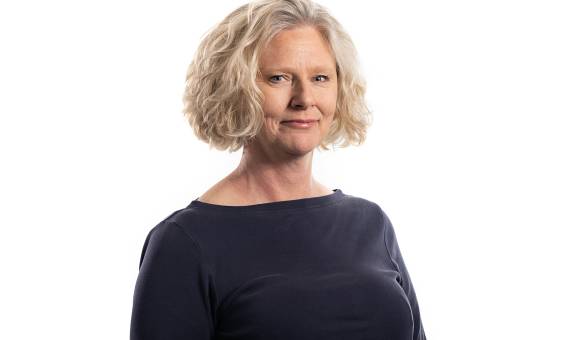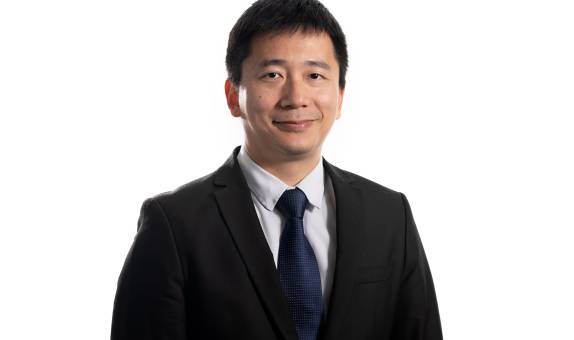Business PhD (Doctor of Philosophy)
Why choose this course?
Whether you are planning a career in academia or as a professional researcher, our Business PhD will enable you to develop your skills and knowledge and enhance your professional credibility. The thesis provides an opportunity to make a distinct and original contribution to knowledge in your chosen field.
Kingston Business School has joined an elite group of global institutions to be awarded the prestigious international accreditation by the AACSB (Association to Advance Collegiate Schools of Business). A hallmark of excellence in business education, the accreditation has been earned by just 5% of the world's business schools.
| Mode | Duration | Attendance | Start date |
|---|---|---|---|
| Full time | 3 years | Weekday attendance | October 2024 |
| Main Location | Kingston Business School, Kingston Hill |
Reasons to choose Kingston University
- At Kingston University you will have access to an expert academic supervisory team, as well as training and teaching opportunities to help you develop your ideas and achieve your goals.
- You will have the support of the academic and postgraduate community; the high calibre of Kingston University's students and alumni provide excellent networking opportunities.
- Your PhD supervision will be highly specialised to your needs and interests. In addition the course is delivered in a flexible format, so you can choose a full or part-time programme according to what suits you best.
International rankings, accreditations and membership
Kingston Business School has been awarded the prestigious international accreditation by the AACSB (Association to Advance Collegiate Schools of Business). This accreditation has been earned by just 5% of the world's business schools and recognises the high quality and standard of our business education.
Many courses are also accredited and recognised by professional bodies, including the Association of MBAs (AMBA), the European Foundation for Management Development (EFMD) EPAS, the Chartered Institute for Professional Development (CIPD), the Chartered Institute of Marketing (CIM) and the Royal Institution of Chartered Surveyors (RICS).
Entry requirements
Teaching and assessment
Find a supervisor
As a student at Kingston Business School you will receive support from the School's extensive network of highly skilled academic staff. All the staff are highly accredited and experienced, and many have worked at high levels within law and business, and can demonstrate how to turn theory into practice using real life examples.
Research
Links with business and industry
How we work with our partners in business
One of Kingston Business School's key strengths is its close collaboration with professional organisations. We aim to ensure that our programmes bridge the gap between academic theory and professional practice by working closely with the business world's principal professional bodies and harmonise our courses with the needs of today's business practitioners.
We enjoy recognition or accreditation from:
- Chartered Institute of Personnel and Development (CIPD)
- Association of MBAs (AMBA)
- Chartered Institute of Marketing
- Market Research Society
- Institute of Chartered Secretaries and Administrators
- The Law Society
Doctoral programme partnerships
Kingston Business School is a founding member of:
- The European Doctoral Programmes Association in Management and Business Administration (EDAMBA), which aims to increase quality and promote excellence in doctoral learning through the pursuit of educational diversity and the exchange of knowledge among participating schools.
- The European Doctoral School on Knowledge and Management (EUDOKMA), which aims to create an environment in which postgraduate researchers can develop and transfer knowledge across both academic society and professional management practice.
Our links with EDAMBA and EUDOKMA also enable us to engage in collaborative ventures with partner institutions across Europe, which provide opportunities for research associates to access events such as summer schools, seminars and workshops and networking sessions. We also have links with:
- Henley Management College in the UK
- ESADE in Spain
- Copenhagen Business School in Denmark
- Stockholm School of Economics in Sweden
Kingston Business School is also recognised by the European Commission as a registered Marie Curie training site, a scheme that accepted EU-funded Marie Curie Fellows from across Europe.
Fees for this course
Additional costs
Depending on the programme of study, there may be extra costs that are not covered by tuition fees which students will need to consider when planning their studies. Tuition fees cover the cost of your teaching, assessment and operating University facilities such as the library, access to shared IT equipment and other support services. Accommodation and living costs are not included in our fees.
Where a course has additional expenses, we make every effort to highlight them. These may include optional field trips, materials (e.g. art, design, engineering), security checks such as DBS, uniforms, specialist clothing or professional memberships.
Course changes and regulations
The information on this page reflects the currently intended course structure and module details. To improve your student experience and the quality of your degree, we may review and change the material information of this course. Course changes explained.
Programme Specifications for the course are published ahead of each academic year.
Regulations governing this course can be found on our website.



